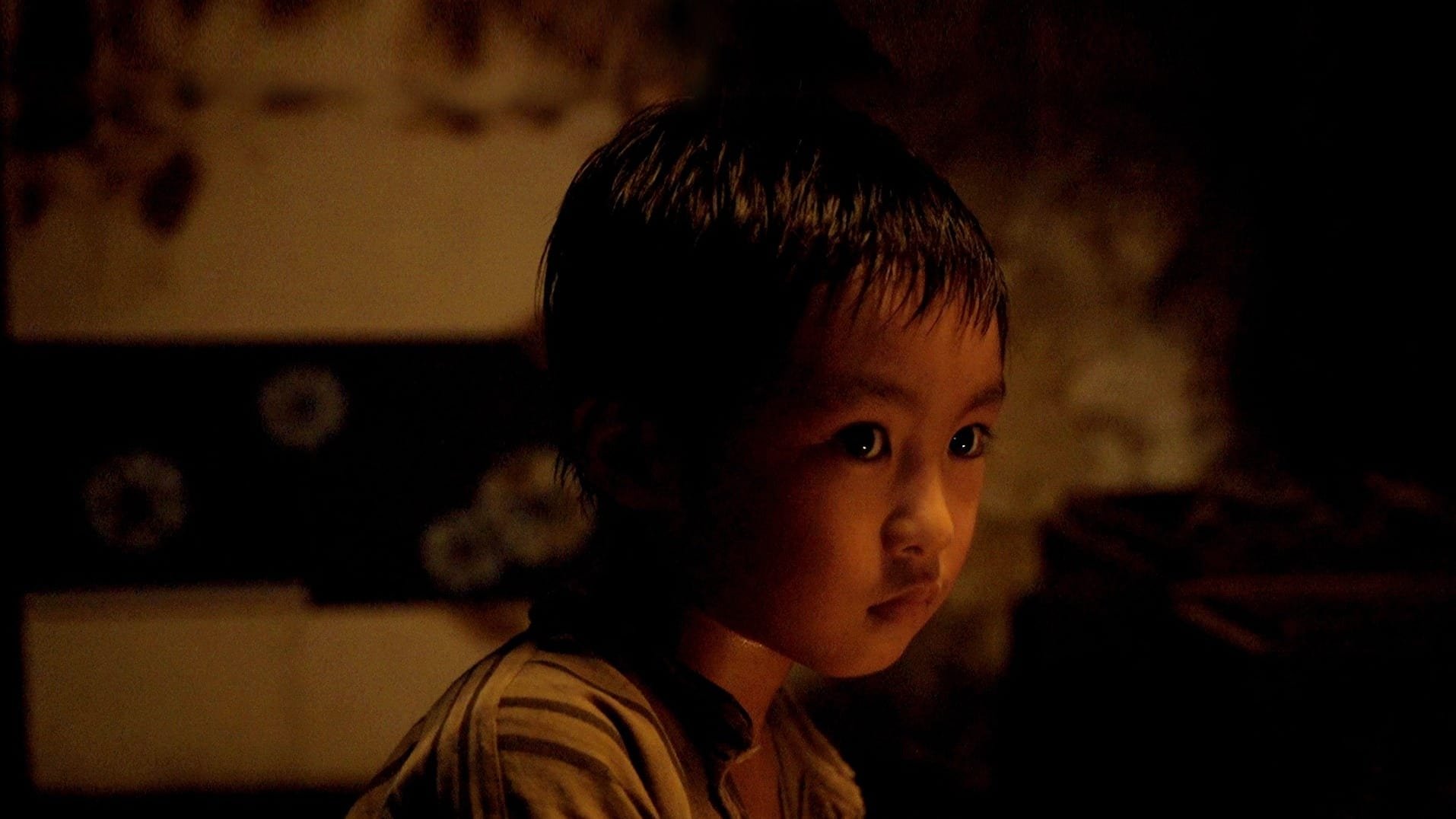Venice 2023: Shadow of Fire
It is a travesty to put a filmmaker as beloved and renowned as Shinya Tsukamoto in the Orizzonti section at the Venice Film Festival. It is even more egregious considering that Hokage (in English translated to Shadow of Fire) is one of the best films in this edition.
Following Tsukamoto's growth as an artist is an incredibly rewarding journey, and Hokage shows just how much he has matured over his career: always bold and interested in exploring the darkest depths of the human soul, he has now crafted a deeply political film that for once balances out his trademark nihilism with hope for the future.
The story is reminiscent of neo-realist films from the '40s and '50s, as it follows a little thief and a woman forced to prostitute in the aftermath of World War II. An unconventional family is born between these two and a soldier who fought in the Philippines, but physical and psychological scarring prevents these people from finding true happiness. The first half of Hokage almost plays like a pandemic drama, all set inside the cramped, claustrophobic house of the woman, the outside world slowly closing in on her and the orphan child as gunshots from the black market are heard louder and louder.
When the perspective finally moves into the outside world, the film truly comes into its own, as Tsukamoto portrays a world that is broken, violent, and seemingly incapable to heal. While there are direct references to crimes committed during the war, Hokage looks at the state of the world we are currently living in, as wars (both ideological and political) rage all over the world with little to no care for their aftermaths on civilians.
While it would be easy for Hokage to delve into utter despair and hopelessness for the future of humanity, there is a faint light at the end of the tunnel, embodied by 8-year-old Ouga Tsukao, whose performance is nothing short of revelatory. At such a young age, not only does he seamlessly carry the movie on his shoulders, but he delivers unforgettable moments of quiet pain and hurt that disarms viewers and tugs at their heartstrings. In the final moments of the film, Tsukamoto reaches a depressing yet inevitable truth: for the world to truly change and improve, those who suffered and inflicted violence have to leave it, while the new generations have to be sheltered from such horrors so that they may herald a brighter future. An incredible piece of cinema that deserves far more love and recognition.


